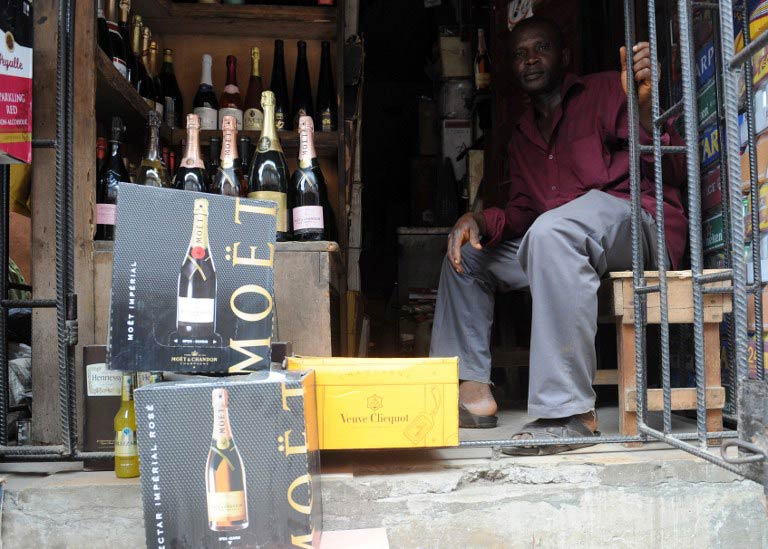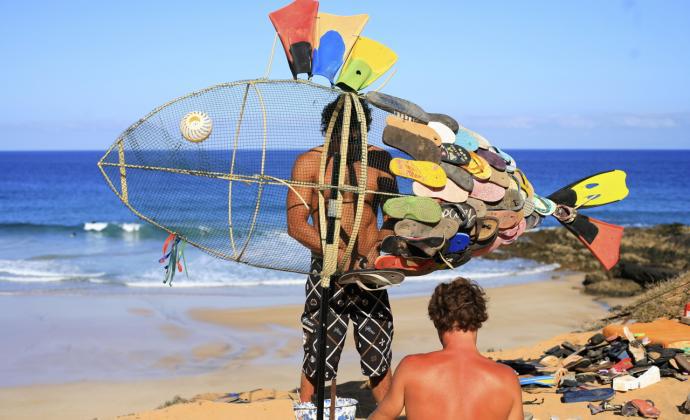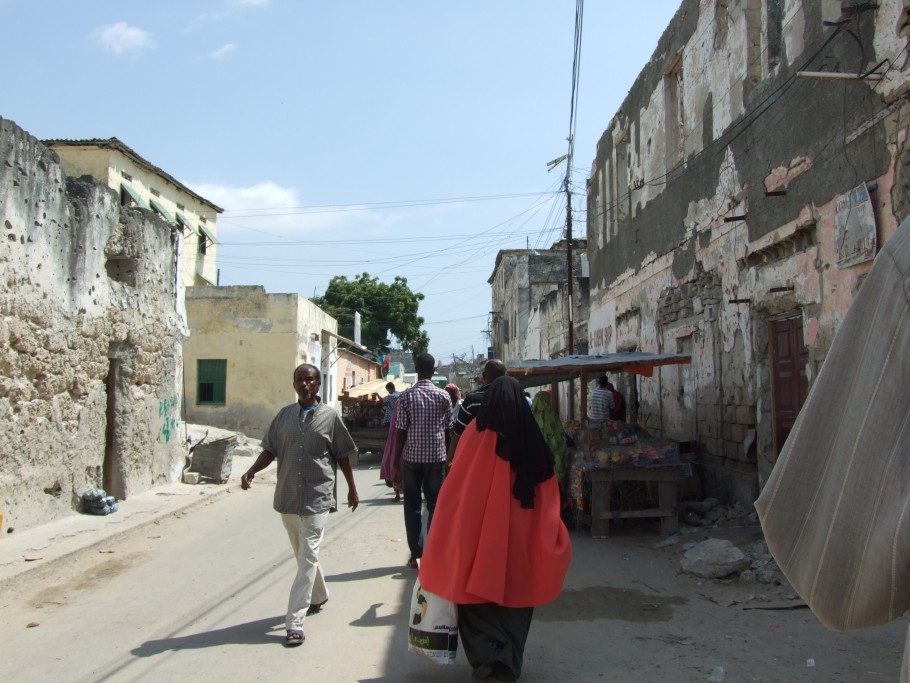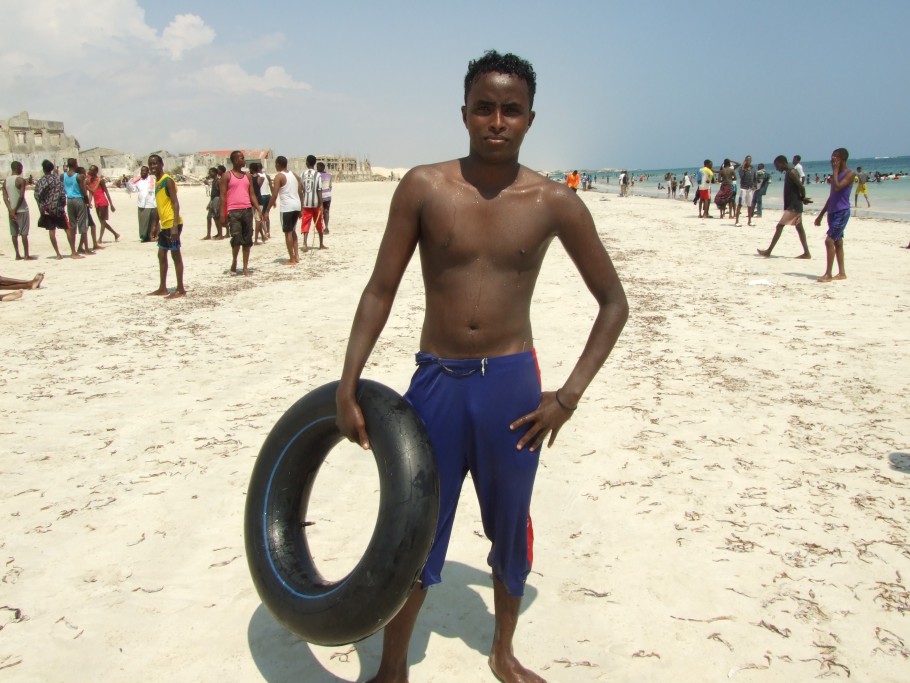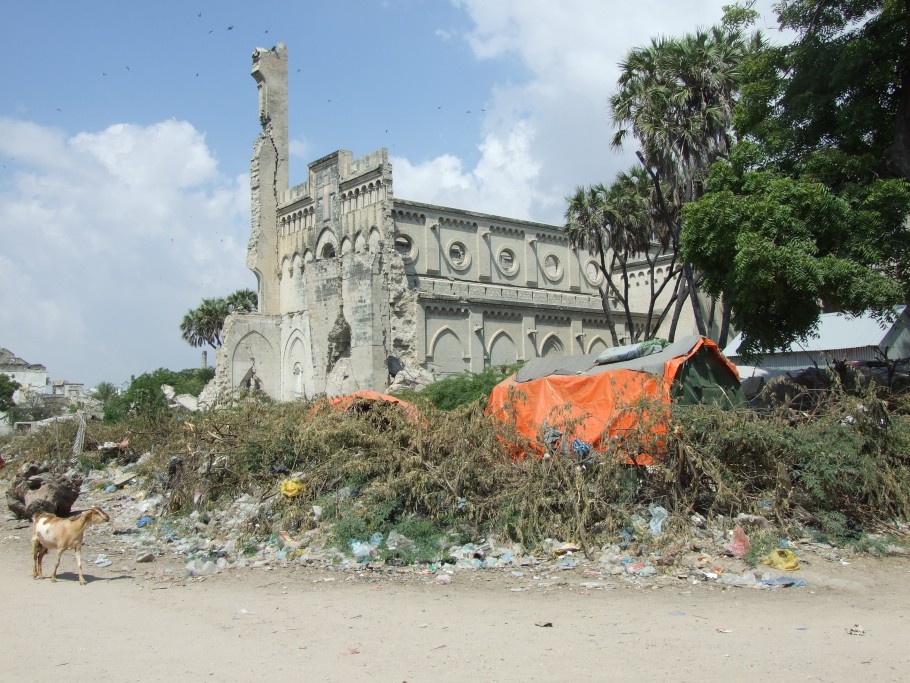I was sexually abused by my aunt as a child. When I tried telling my mother about it, she said that there are some things that people do not speak of, ever. She refused to talk about my experience again.
One day I saw strange blood stains in our toilet and ran to tell her that somebody was horribly hurt. She was embarrassed and told me to shut up. I could not for the life of me imagine why.
Everything fell into place six years later. She called me to her bedroom, locked the door and whispered to me that someday I too would have blood flowing out of my… my … my … you know what! I was horrified that my mother was tackling a topic she had spent her entire life running away from.
My mum always wanted the best for me, but she did not always know what the definition of best entailed. She, like many African women, lived under the heavy yoke of society. She believed every taboo, every norm, and preached it me, her only daughter. To date, she cannot say the word ‘sex’ out loud. I told her I would teach my daughter to call her vagina a vagina and not “susu” or “kuku”, and she retorted that she’d like to put me across her thighs and spank me.
I grew up, finished school and university and fiercely questioned some of her ideas.It helped that I had pursued a degree in law and then chose to to be a journalist. Around this time, I realised that what my aunt did to me was not really my fault. Women’s rights activists I spoke to and admired told me she could still serve jail time for it. I don’t wish for her to go to jail, but I do worry about other children she has contact with. Does she violate them too?
Last year I decided to tell my story while working as a journalist at The Observer, a national paper. It was a difficult decision. I knew it would earn me the wrath of my entire family, who would of course ask: “Why did you choose to tell our private matters to the public?”
I did not have the guts to use my real identity. I told it in third person, changed names and locations and then submitted the piece to my editors who had earlier asked: “Do women actually molest?”
My story caused an uncomfortable stir in the newsroom. People were not comfortable talking about these “issues”. Tempers flared and ideas were rebuffed but I persisted.
My story was a personal, honest account, but I included hard facts: according to various research, women are perpetrators in up to 40% of child molestation cases. I explained that, as is the case with sexual abuse by males, these women are usually trusted adults – teachers, religious leaders, close relatives, nannies who you would trust with your life. And that this betrayal has far-reaching psychological consequences.
Despite this, my colleagues were skeptical. “This story is not credible!” our chief reporter told me. “You have to call the woman who molested you and get her side of the story.”
How was I supposed to call my aunt and ask her: “Is it true you molested me?”
That marked the end of my attempt to tell my story. I simply deleted it and moved on to less daunting assignments. As a reporter interested in sex and sexuality, there was an unimaginable amount of disbelief and misinformation I encountered during my work: There are no homosexuals, intersex people must have done something to deserve it, a man cannot rape his wife, raped women enjoy it … the rhetoric was and still is endless! It made me think of how many more voices like mine had been silenced – not just by anxious mothers but by political, religious and social institutions more concerned about flimsy moral values than the wellbeing of citizens.
Legislation
Uganda has been in the spotlight recently for two pieces of draft legislation directly affecting women. One, the Marriage and Divorce Bill, first tabled in 1964, sought to give women and men equal rights in marriage. After 49 years of debate, it was shot down in Parliament last month, not for its lack of substance but rather for its apparent disruption of the moral fabric of society. President Museveni wasted no time attacking women groups and civil society, insisting the Bill was disrespectful to our culture.
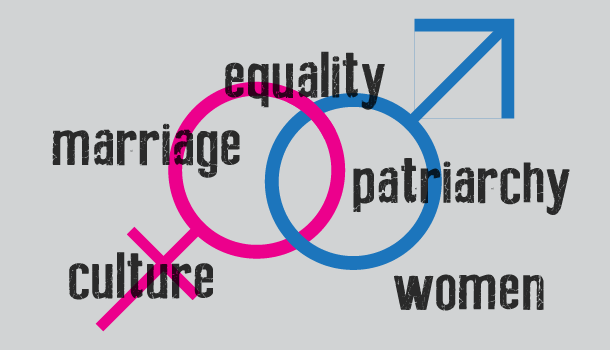
Moralist and pastor Martin Ssempa, speaking on radio at the peak of marriage Bill debate, said that women who want the legislation passed are merely “angry feminists seeking revenge on men”. He said that these women are falsely accusing men of raping them and causing them to get fistulas; that marriage will be perfect provided Parliament leaves it to God.
Ideas like his were welcomed by politicians only interested in votes, and opposition to the marriage Bill simply gripped the entire nation.
“That Bill should not be passed,” opined my hairdresser. “They want men to stop marrying us for fear that we shall take their property. In fact a law like this will encourage men to become homosexuals.”
Some people say that the Bill failed because it touches on property – men’s property. But the residents of Mpererwe, a low cost suburb I call home, disagree. Here, the men put their wives in rented mizigo (one-room houses with questionable sanitation). Most of the men ride boda bodas owned by rich bosses, others sell in the nearby market or do casual work in town. The Mpererwe woman would ask: “What property are you talking about?”
While history may have blessed some men with real property, the vast majority of Uganda men are poor, struggling alongside their women.
The real cause of the demise of the marriage Bill is not property – it is the fact that it dares to question a man’s sexual domain.
Moralists want everything sexy covered up. Encouraged by the fall of the marriage Bill, the anti-pornography Bill was recently resurrected after it was first proposed and abandoned in 2011. This time, miniskirt-wearing feminists would be dealt with once and for all; thrown into jail for wearing dresses above their knees.
Judging from the way the populace rejected the marriage Bill, it is easy to see why Ethics and Integrity Minister Simon Lokodo thinks that his proposed anti-pornography Bill will protect what the marriage Bill sought to disrupt.
Lokodo is a wise man who realises that Uganda is not a good place to simply throw around the sex discourse. President Museveni has declared that he does not hold his wife’s hand or kiss her in public, and that Ugandans should emulate this. The consensus, at least per Lokodo, is that everyone must have sex missionary style with a partner of the opposite sex. Uganda’s leaders know that the only time you should talk about sex in Uganda is when you are telling errant women to cover up their sexiness lest they distract men in their noble quest to save this nation. When it comes to sexual abuse, sex education, girls’ bodily changes, domestic violence, marital rape, contraception and other issues directly affecting the lives of women, the silence is ominous. This needs to change.
Patience Akumu is a features writer at The Observer in Uganda. Her major focus is human rights, particularly LGBTI rights and women’s rights. She is the winner of the 2013 David Astor Journalism Award.
